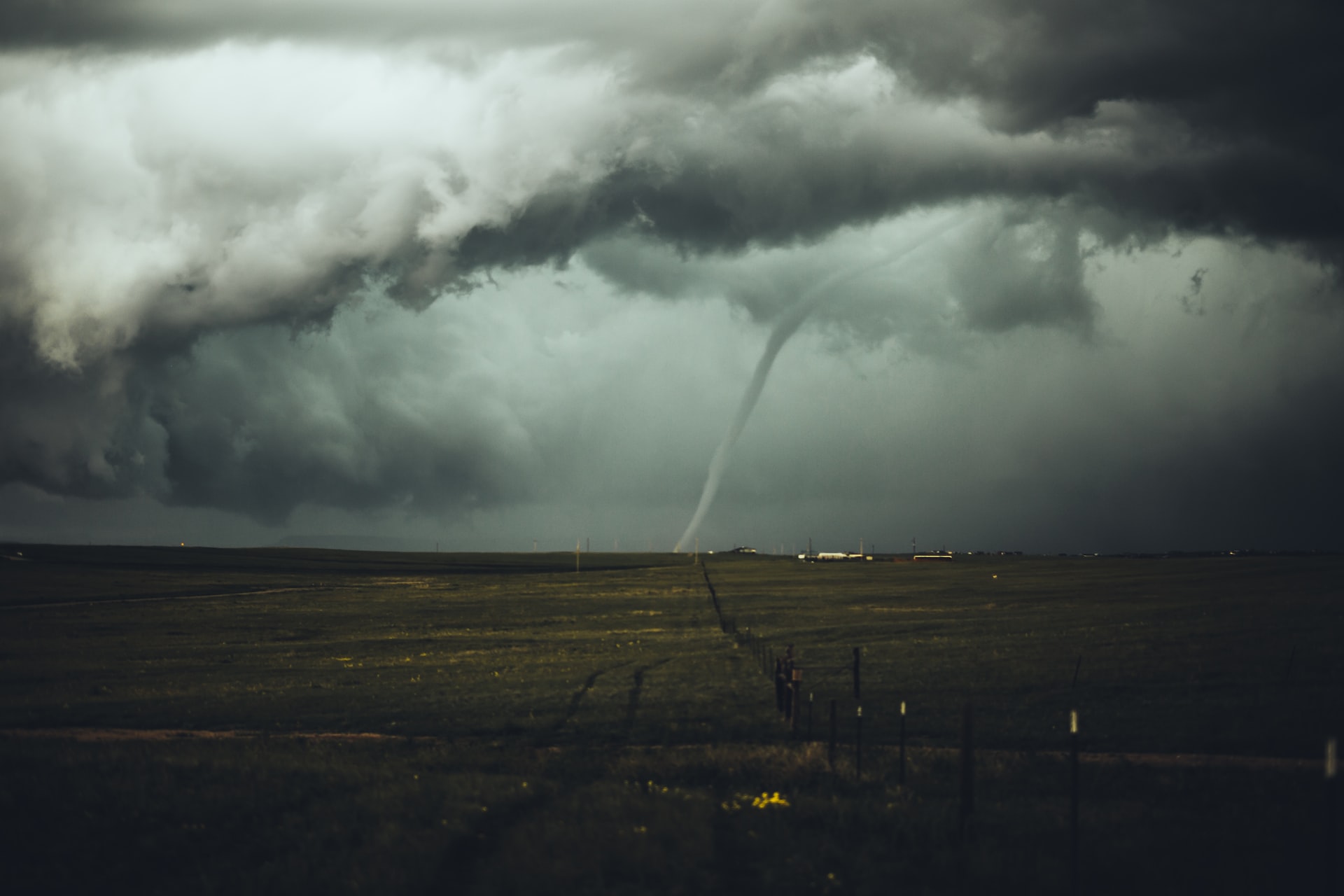Throughout the years, we have learned that storms are unpredictable and can cause a great deal of physical and emotional damage.
Similarly, financial storms that result from real world weather can also be devastating, requiring years of reconstruction.
Even though preparing for a financial storm does not guarantee safety, addressing the most common vulnerabilities well in advance can make the process more efficient in the event of a tornado or hurricane.
Review your insurance policy
Understand what your policy covers in case of a hurricane or tornado. First instance, flood damage requires special, separate flood insurance.
Be aware if there is a flat dollar-amount deductible or if it’s based on home value.
What parts of your home are covered? I found out after one hurricane that my screened-in patio was not covered. Luckily, the frame was not damaged. Just the screens had to be replaced.
Make sure you’ve noted all of your major assets with your insurance company and take pictures. Shoot video and take photos of the interior and exterior of your home and upload those to the cloud as well.
Photos will be useful in filing an insurance claim if your property is damaged. Take extensive photos of your property damages and document any expenses that insurance may cover.
Documents
Take photos or scan your important documents like wills and deeds and email them and store in a folder.
Put all of your important documents in a safe place.
Replace any lost documents or cards as soon as possible after an event.
Set your bills to autopay
Setting up automatic bill payments before the storm hits mean you won’t have to worry about missing payments if you’re unable to get home or access your bank. If you are unable to get to the post office to mail checks or if the power is out and you are unable to pay online, late payment fees may apply or your service may be terminated.
If you see anything unusual on your credit report, you should file a claim as soon as possible.
Disaster zones are common places for identity theft. In addition, let your utility company know if your place is uninhabitable so you don’t get charged for power.
Emergency funds
You should also keep some cash on hand in case banks go offline, ATMs run out of cash, or electronic payment systems fail in the event of an evacuation due to a storm.
There is no doubt that putting your life back together after a hurricane can be challenging, but with disasters such as hurricanes, many people come out to offer their help and support.
Neighbors help neighbors and people from all over the country often step in to help.
You can recover from the storm with the right resources and assistance. The government provides comprehensive information on where to turn when disaster strikes and how to help individuals in need.


